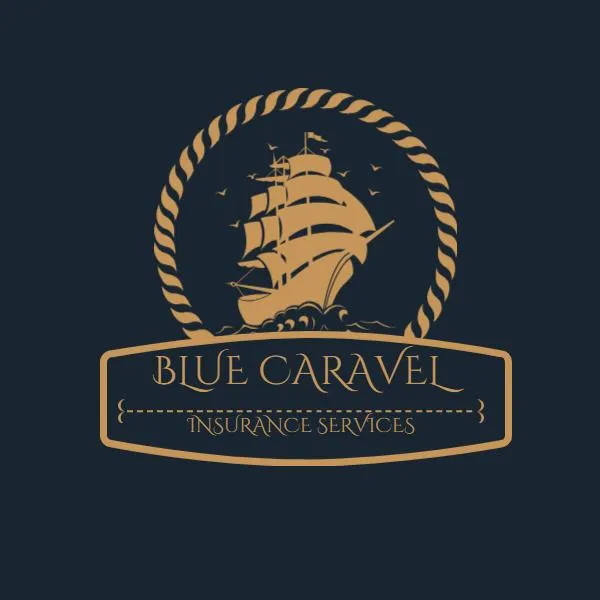Solutions You
Can Count On
Take Care of It Over the Phone
Times have changed, and since 2020, we’ve been assisting our clients over the phone for added convenience. Our goal is to provide help on your schedule, whenever it works best for you. Prefer a more personal touch? We also offer video call consultations and in-person meetings—you can even get to see our awesome faces! 😁

Services We Provide

Medigap Plans
This is a popular option to supplement your Original Medicare Part A and Part B. To learn more simply click below...

An alternative to Original Medicare, these plans are typically HMO and PPO plans with network providers...
Medicare Advantage

Prescription Drug Plans
Prescription Drug plans are a requirement by CMS in order to help with the cost of prescriptions...

Dental / Vision / Hearing
Many plans have little or no coverage when it comes to dental work, eye exams or hearing aids. We can help find a plan that is right for you...

Cancer and Heart Plans
No one plans for a cancer diagnosis, but since the future is unpredictable, having cancer insurance is a smart way to stay prepared and protected.

Hospital Indemnity Plans
When you have a plan that is full of co-pays and co-insurance, a Hospital Indemnity plan can help alleviate many of those costs...

Ancillary Products
Accident, Cancer, Heart Attack / Stroke, Hospital, Dental Insurance, and Critical Illness plans to give you a deeper peace of mind.

Financial Planning
It's not enough to protect your life and health, you also need to consider protecting your nest egg as it needs to last you for years to come...

Final Expenses
Nobody likes to plan for this but it is an act of love. This is a benefit that you give to the people you love once you are gone. Learn more below...
Follow Us On Social Media!
Another Great Way To Stay Connected
We’re thrilled when our clients connect with us on social media! It’s a fantastic way to stay in touch and receive updates about market changes that may impact you. Plus, we enjoy sharing valuable articles on health, life, and finances. Click below to explore our social media platforms and join the conversation!
Compare Plans Now
Fill out our short form below:
I Consent to Receive SMS Notifications, Alerts & Occasional Marketing Communication from Ark Insurance Services LLC, bda: Blue caravel Insurance Services and its insurance agents. Message frequency varies. Message & data rates may apply. Text HELP to (818) 614-5973 for assistance. You can reply STOP to unsubscribe at any time.
Blue Caravel Insurance Services Copyright 2025 -- All Rights Reserved
Phone: 818-614-5973
Email: [email protected]



